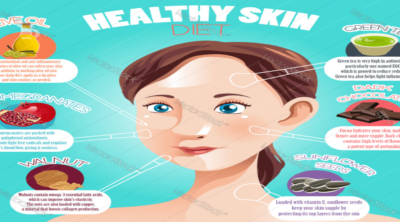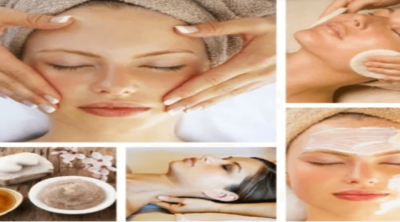
There are many medications available for the treatment of acne. Check out the article below to know what pill to pop if you are facing this problem.
Do not despair if you are troubled by acne. There are a whole lot of options when it comes to getting rid of acne. From ointments and topical treatment to natural cures, it is all there. Joining the bandwagon are pills. Apparently these are effective, and depending on the severity and the type of acne, these may be prescribed.
Over-the-counter Pills for Acne
There are primarily 3 types of pills which are available in the market.
Antibiotics
These have been used to treat acne for a long time now with some success. These antibiotics work by way of killing bacteria on the skin, and acts as an anti-inflammatory agent as well. However, these kill the good bacteria too, along with killing the bad bacteria.
Isotretinoin
This pill is taken for around 4 to 5 months and normally clears acne for a year or more. This lasts even after it is discontinued. Its mechanism is such that it brings about a dip in the amount of oil produced by sebaceous glands of the skin.
Hormone or Birth Control Pills
As the name suggests, these are not directly targeted at acne, but on hormone fluctuations. Contraceptives can work to deal with this problem by trying to balance the hormones. Increase in the level of androgen (male hormone) leads to stimulation of sebaceous glands and in turn secretion of excess oil. This, in turn, can lead to blemishes. The birth control pills nullify this by their estrogen or progesterone content (which is typically what they have). Eventually the acne is supposedly dealt with.
These days, one of the best medication, according to market sources and experts is Accutane. All said and done, even though it seems to be a good option to get rid of acne, it has been under the veil of controversy. Do not take it prior to consulting a doctor. It is specifically used to treat nodular acne. It claims to clear it by controlling the amount of oil released by the sebaceous glands.
Side Effects
There are a number of side effects of these medications. These range from a simple headache to fluid retention. The different categories of pills have different side effects. Here are the side effects.
Antibiotics
Antibiotics make some women more susceptible to getting thrush or yeast infection. In addition to this, bacteria creates a resistance to the medication. Stomach upsets, allergies, impact on the effectiveness of the oral contraceptive and photosensitivity are a few side effects of antibiotics. Moreover, it is advisable to avoid these pills in pregnancy and breastfeeding as it can be harmful for the fetus and the baby.
Birth Control Pills
Estrogen, as most of us know, has considerable physiological effects on the body. The major component of birth control pills is estrogen, so it is all the more important to take it only after speaking to a concerned doctor; have it monitored closely, if you have to take it. Vaginal bleeding, melasma, fluid retention and depression are significant side effects of this pill. If this wasn’t enough, increased threat of blood clots, heart attacks, strokes, and breast cancer can be its consequence.
Isotretinoin
Birth defects can be considered to be one of the major side effects of this pill. Basically, it can be thought of when all the other options fail. Apart from birth defects, these are the side effects:
- Depression
- Chapped lips
- Dryness of nose and minor nosebleeds
- Dry skin, itching and rashes
- Joint and muscle pain
- Irritation of the eyelids and eyes
- Temporary hair thinning
- Intestinal Problems
- Urinary symptoms
- Headaches
- Decreased night vision
For men who are thinking of taking this pill, it is advisable to avoid getting pregnant. It is not yet confirmed that men transfer the effects of this medicine to the fetus. Thus, to be on the safer side, we suggest to avoid it.
All this is not to scare you off from taking these medicines, but to make you aware of the effects it would have on your body. It is always better to take an informed decision when it is about your health. Take care!
Disclaimer: This BeautiSecrets article is for informative purposes only, and should not be used as a replacement for professional medical advice.


